8 March 2023
Dr Nathaniel Dasyam is a postdoctoral researcher who has been working in the Malaghan Institute’s CAR T-cell therapy programme since 2019. Nathaniel is a self-described ‘Jack of all trades’ when it comes to his role within the programme.
Nathaniel works in the research team, where the CAR T-cells are designed, and supports both the GMP team, where the CAR T-cells are manufactured, and the clinical team, who administer the CAR T-cells to participants in the trial.
“It just so happened that the project I was working on previously at the Malaghan Institute, to test a therapeutic vaccine for melanoma, laid the groundwork for many of the processes that needed to be in place to manufacture CAR T-cells.”
This placed Nathaniel in an ideal position to help the CAR T-cell team develop methods needed to test CAR T-cells for the ENABLE clinical trial – a first of this kind for New Zealand. This was no mean feat given it involves developing a gene therapy in a highly regulated environment.
CAR T-cell therapy works by extracting a patient’s own immune cells and modifying them in the lab to identify and attack cancer cells once they have been returned to the patient. The ENABLE trial uses CAR T-cells to treat patients with certain types of relapsed and refractory B-cell non-Hodgkin lymphoma, who have exhausted other treatment options.
“Seeing evidence that the treatment can be effective made it all worth it.”
Nathaniel’s research includes understanding the genetic modification process involved in transforming a patient’s T-cells into cancer-fighting CAR T-cells.
“We want to understand exactly where the CAR gene is being inserted in the DNA of CAR T-cells, so I designed experiments to test this. This can help us characterise the safety profile of the CAR T-cells we have developed,” says Nathaniel.
He was also involved in developing tests to monitor patient samples from the clinical trial at different time points after CAR T-cell treatment.
“I set up methods to monitor CAR T-cells proliferating in patients, as well as ways to see what proteins the CAR T-cells are producing. This is important information for the clinicians to understand if the CAR T-cell treatment is taking effect.
“My work stops shy of actual patient contact. I leave that to our clinicians, and they often relay news from different trial participants. They once told us how one participant said they were so glad they got to spend an extra Christmas with their family after taking part in the trial.”
Nathaniel says that one of the most memorable and rewarding moments of his career so far was seeing the PET scans of a patient who underwent CAR T-cell therapy within the Malaghan Institute’s trial.
“Seeing evidence that the treatment can be effective made it all worth it,” says Nathaniel.
“My main motivator through all the hard work is being able to do something that makes a difference and has a real human impact. For me that moment emphasised that this is exactly what we’re doing at the Malaghan.”
“We’re getting closer to making this type of treatment available to all New Zealanders who might need it.”
Along with others working at the Malaghan Institute to bring CAR T-cell therapy to New Zealand, Nathaniel is highly driven and motivated. However, he says that this wasn’t always the case. Nathaniel moved to Wellington from Secunderabad, India when he was 12.
“It was a bit of culture shock for me. School wasn’t as intense, so I took it as a chance to chill out. I was a pretty lazy kid for most of my teenage years. This meant I didn’t see myself as particularly bright,” says Nathaniel.
Nathaniel then went on to study Biomedical Science at Victoria University of Wellington.
“When I came to university, I started doing karate, which got me into the mindset of continually trying. Of telling myself even if you fail, you pick yourself up and dust yourself off,” says Nathaniel.
“I found my drive and a genuine interest in science. I had to work really hard to get where I am today, but that process has been incredibly rewarding.”
Nathaniel went on to do his PhD in Molecular Microbiology at Victoria University. After a brief stint working in Auckland for a medical devices company, he was offered a postdoctorate role at the Malaghan Institute.
Results of the Malaghan Institute’s Phase 1 clinical trials are due to be published later this year.
“We are planning a Phase 2 clinical trial, to enable us to treat more patients. For our team, this will mean streamlining and automating our manufacturing process. We’re getting closer to making this type of treatment available to all New Zealanders who might need it.”
Support better treatment and cures.
Related articles
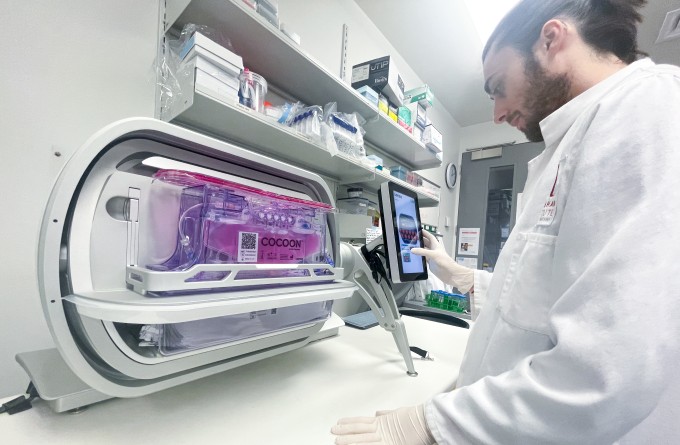
Malaghan CAR T-cell cancer therapy trial expands to Christchurch and Auckland
23 June 2025
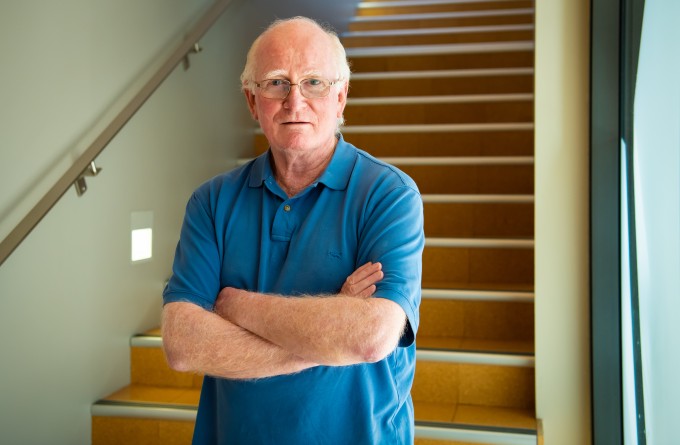
Horizontal mitochondria transfer: 10 years on from a groundbreaking discovery
7 May 2025
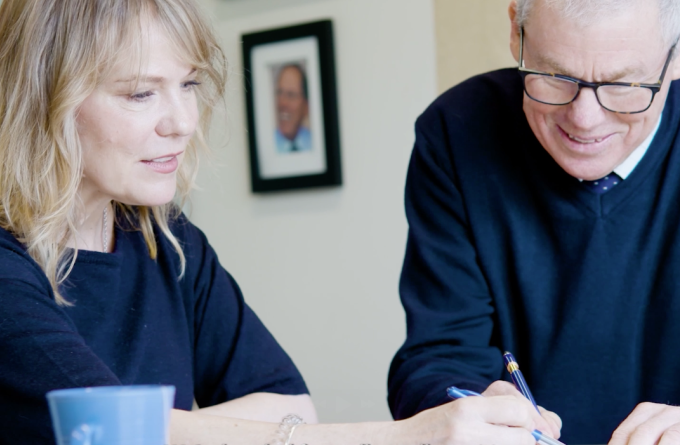
Kjesten Wiig: bringing life-changing treatments to life
27 February 2025
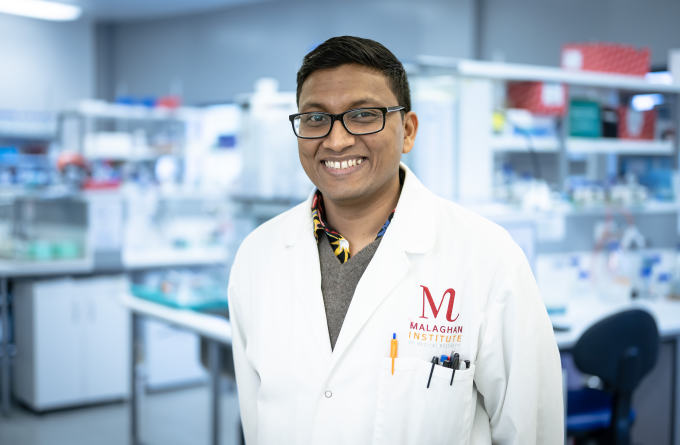
Cancer Research Trust grant to improve CAR T-cell therapy
12 February 2025
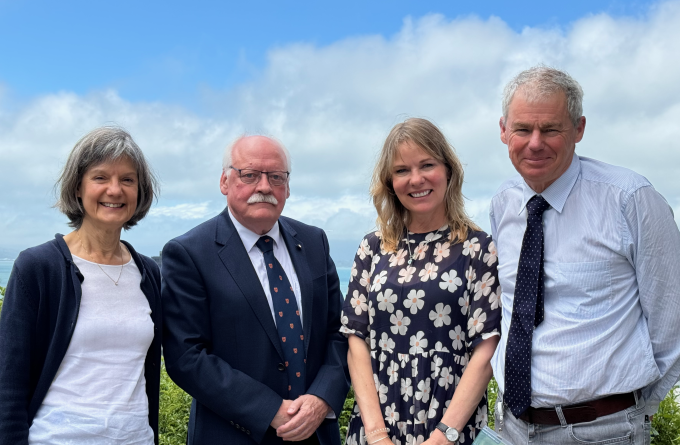
World-renowned cancer pathologist joins the Malaghan Institute as Distinguished Research Fellow
19 December 2024

New Zealand to New York and back again: Malaghan researcher tackling liver cancer
18 November 2024

